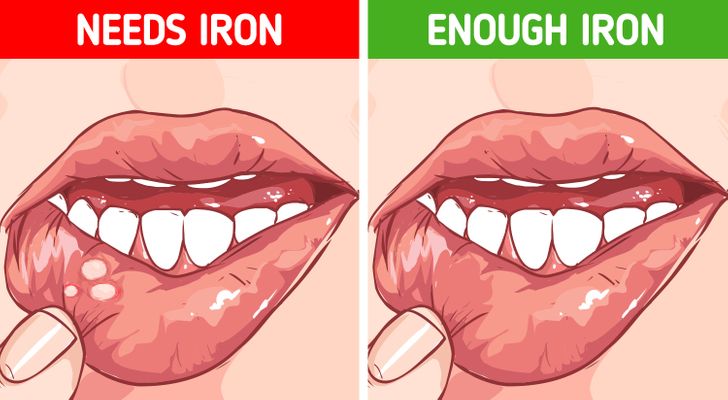I am having lack of iron
7 Red Flags That Show Your Body Lacks Essential Nutrients
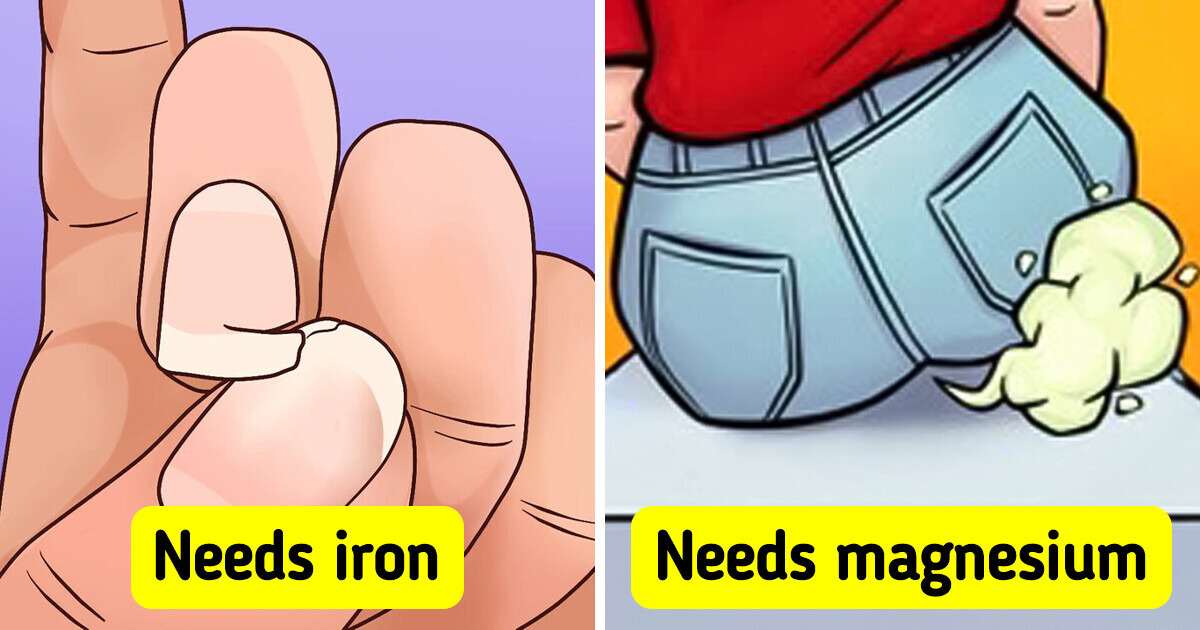
The human body is an intricate system where every part is interconnected. When something goes wrong, it doesn’t stay silent—it sends signals as warning signs through various symptoms. By understanding these messages, we can take action to address issues early and keep our bodies functioning at their best.
CONTENT IS PROVIDED FOR INFORMATIONAL PURPOSES ONLY AND IS NOT INTENDED AS A SUBSTITUTE OF MEDICAL ADVICE.
SEEK GUIDANCE OF YOUR DOCTOR REGARDING YOUR HEALTH AND MEDICAL CONDITIONS.
A crawling, creeping sensation in your legs

You may have restless leg syndrome if you experience strange sensations in your legs and feet, such as crawling, creeping, or an urge to move. At night, when you are trying to sleep, this chronic condition often causes discomfort. Though there isn’t a cure for RLS yet, taking certain vitamins and minerals like vitamins C, E, B6, B12, magnesium, and iron may give relief.
Flatulence
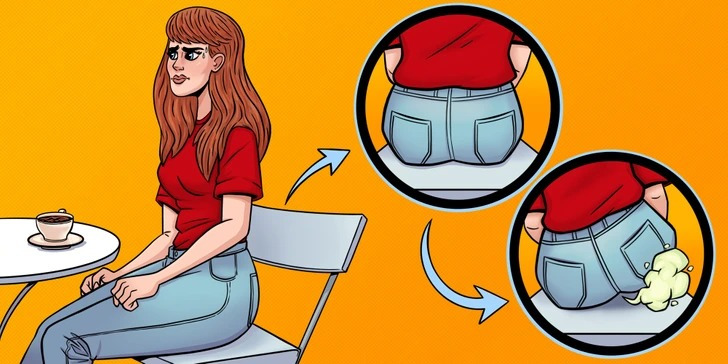
Flatulence may indicate a lack of certain enzymes needed for digestion, such as lactase or amylase. It can also be linked to a magnesium deficiency, which helps relax intestinal muscles and reduce spasms. However, it is always best to consult a doctor.
Horizontal lines on your neck
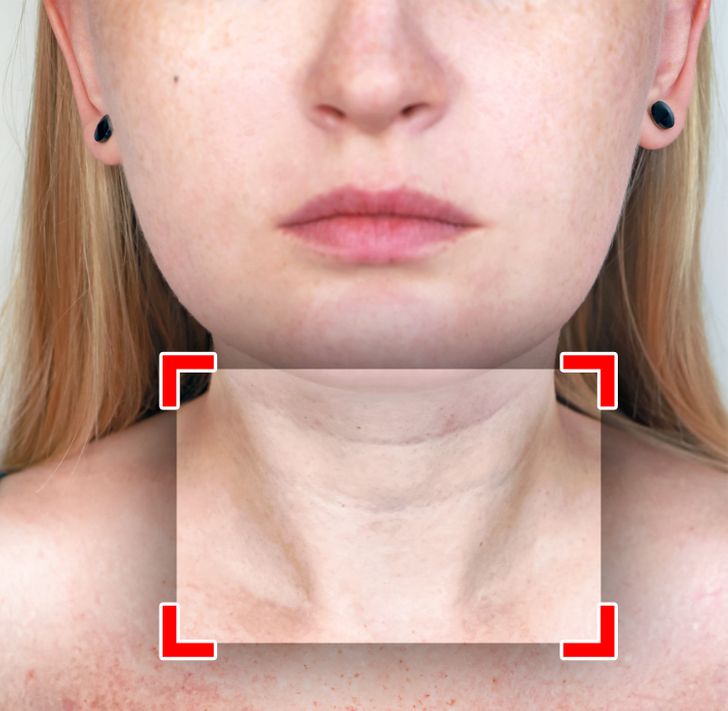
Postmenopausal women produce less estrogen than their body needs in order to maintain bone durability. And deep neck wrinkles are one concerning sign that the bones are becoming more brittle and less dense. This means that the danger of fracturing the bones is much higher. Calcium and vitamin D supplements might be a very good idea for avoiding osteoporosis.
These wrinkles might also be telling you that you should check your thyroid’s performance. If the condition keeps getting worse and is left untreated, it can start showing on your neck, among other areas. It’s not only wrinkles you should be looking for, but also flaky skin.
Ulcers on your mouth and tongue
The most common reasons for the appearance of ulcers are smoking, allergies, accidentally biting your tongue and inflammation. However, if nothing of the above applies to you, you might be deficient in vitamin B12, iron, or folate. These deficiencies don’t develop overnight but progressively develop over a prolonged period of time.
Some other warning signs might be fatigue, dizziness, irregular heartbeat, and muscle weakness. If you experience all these, you will have to make some drastic changes to your diet and start taking the necessary supplements.
Peeling nails and cuticles and white spots on your nails
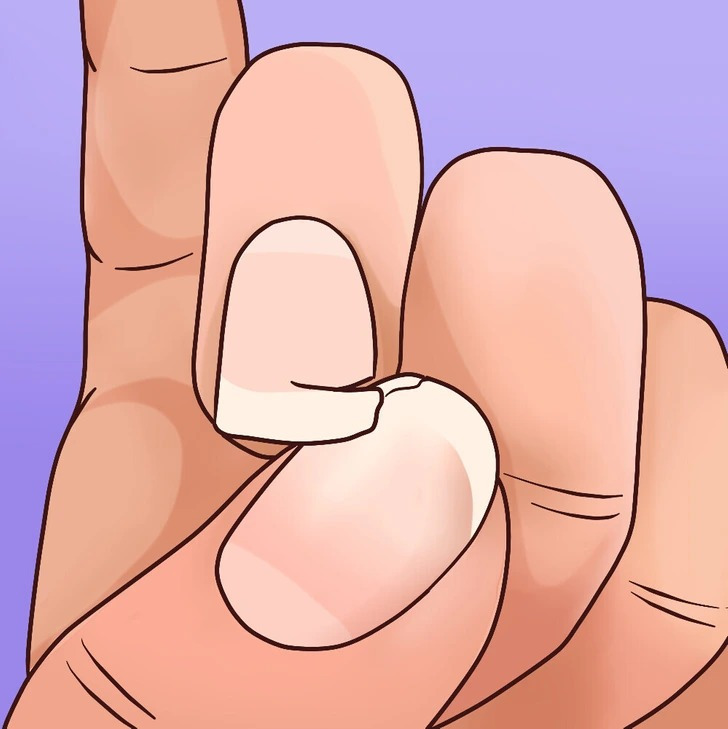
The most common reasons for peeling nails and cuticles are iron deficiency and dehydration. If iron deficiency isn’t treated in time, it can lead to anemia, which can also lead to multiple health issues, such as chest pain. Other reasons for your bad nails can be your underactive thyroid, lung disease, or even kidney disease. The best way to treat your nails at home is by eating an iron-rich diet and keeping your nails moisturized.
Now, if you start noticing white spots on your nails, there are 4 possible reasons: allergies, fungal infection, an injury, or mineral deficiency. You should pay closer attention to the last one since it will need to be treated with extra care. Zinc and calcium are the most common culprits for this deficiency, and getting a blood test done should be the first thing you do.
Cracked heels
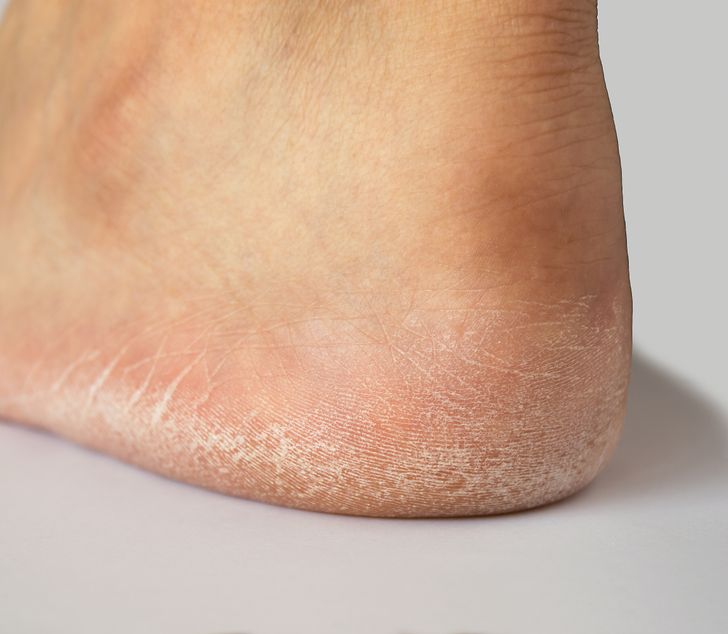
Cracked heels can be caused by dry skin, cold weather, or if you stand for many hours every day. However, they can be indicators of more serious issues, such as eczema, hypothyroidism, and diabetes. You can treat your heels by soaking them in soapy water for 20 minutes and scrubbing them with a pumice stone. Then you will need to apply a heavy moisturizer that includes lactic acid, jojoba oil, or shea butter.
You will need to see a doctor if your home treatments aren’t improving your heels at all. There are many treatments your podiatrist can do or prescribe, such as a much stronger moisturizer. What you can do on a daily basis is check your heels, wash them thoroughly, and wear supportive shoes.
Changes to the breast
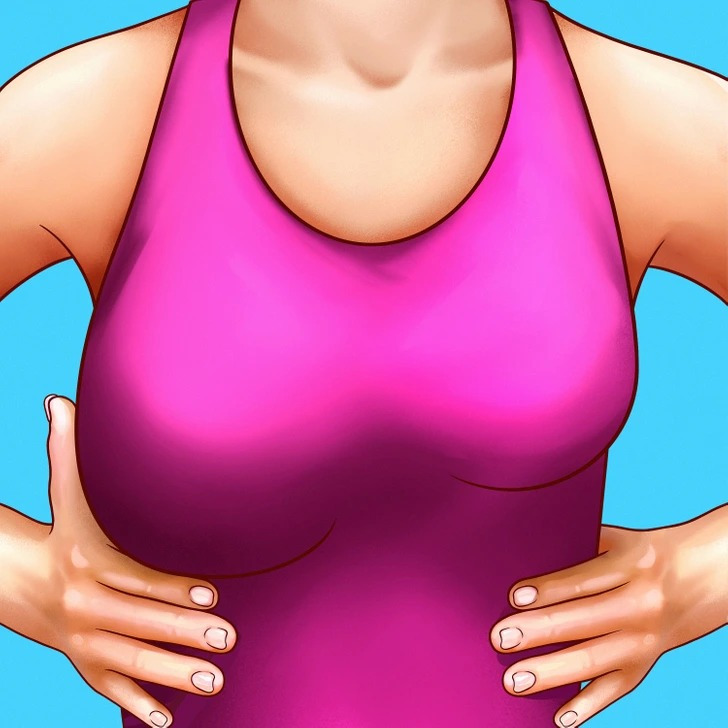
If you notice any changes in your breasts, such as lumps, increased firmness, dimpling, redness, scaling, or itching, contact your doctor immediately. Early detection of these symptoms can greatly improve the chances of a positive outcome.
Sometimes, health issues can simply be caused by lactose intolerance. Identifying this sensitivity and eliminating lactose from your diet can make a big difference. A few simple changes can help improve digestion, reduce discomfort, and restore overall well-being.
Comments
Related Reads
Mom of Four Spotted an Unusual Nail Mark — It Was a Hidden Cancer Warning
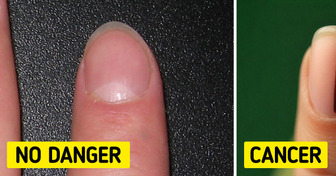
15 People Who Were Blissfully Happy... Just a Second Before Chaos

Jennifer Garner Reveals the Truth About Her Marriage to Ben Affleck

15 Divorce Stories That Prove Love Can Bloom Twice

15 Real-Life Stories That Prove Kindness Can Quietly Heal What Cruelty Breaks

12 Movie Moments That Completely Ignored the Real History

Meet “Baby Hulk,” the Newborn Girl Who Survived Against All Odds to Amaze Doctors
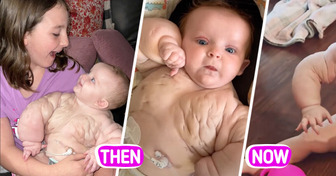
15 Stars Who Openly Embraced Cosmetic Procedures — And Love Their Results

10 Kind Moments That Started a Chain Reaction Nobody Expected

15+ Times Celebrities Showed Up in Identical Looks — You Decide Who Won

15 People Reveal the Exact Moment They Knew Their Friendship Was Over

10 Weddings That Were Eventually Ruined by One Shocking Moment

